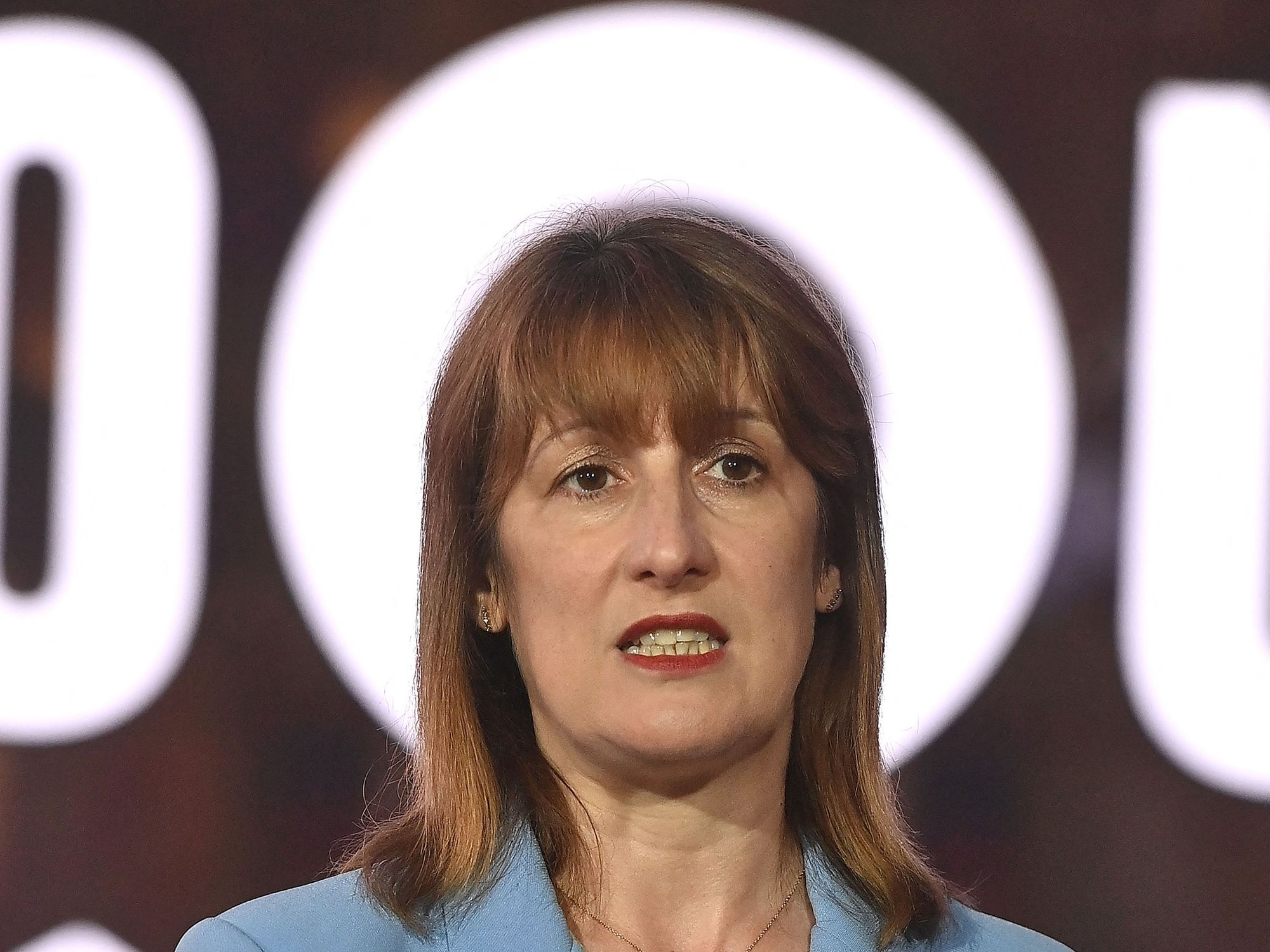Why was Jannik Sinner banned from tennis? Doping scandal explained ahead of Wimbledon final
Jannik Sinner was handed a controversial three-month ban from tennis earlier this year
Don't Miss
Most Read
Jannik Sinner will face off against Carlos Alcaraz on Sunday, bidding to win Wimbledon for the first time in his career - just months after he received a doping ban.
The San Candido-born star made his long-awaited return to professional tennis at the Italian Open on 5 May, just one day after his three-month doping suspension officially ended.
The world number one had been banned from competition since 9 February following a protracted legal battle over two positive tests for the anabolic steroid Clostebol in March 2024.
His comeback at the Rome tournament marked the end of a controversial saga that had divided the tennis community for over a year.

Jannik Sinner is looking to win Wimbledon for the first time in his career
|Reuters
The Italian star wasted no time in returning to action, immediately entering his home country's premier clay court event.
The timing of Sinner's suspension had raised eyebrows across the sport, as it conveniently fell between the Australian Open and French Open, allowing him to avoid missing any Grand Slam tournaments during his enforced absence from the tour.
JUST IN: Carlos Alcaraz reveals why he will never be friends with Jannik Sinner ahead of Wimbledon final
The controversy began when Sinner tested positive for Clostebol on 10 March 2024 during the Indian Wells tournament, with a second positive result following eight days later in an out-of-competition sample.
Sinner claimed his fitness trainer had purchased an over-the-counter spray in Italy containing the banned substance. According to his defence, the trainer gave this spray to Sinner's physiotherapist to treat a cut on their finger.
The physiotherapist then allegedly transferred the substance to Sinner whilst providing daily treatment without wearing gloves. Sinner maintained he had no knowledge of the situation.
Following provisional suspensions in April 2024 that were successfully appealed, the International Tennis Integrity Agency initially cleared Sinner in August, finding "No Fault or Negligence applied in the case."
However, the World Anti-Doping Agency challenged this ruling in September, accepting that Sinner "did not intend to cheat" but maintaining that "an athlete bears responsibility for the entourage's negligence."
After months of deliberation, Sinner reached a settlement with WADA on 9 February 2025, accepting a three-month suspension that would end on 4 May.
The timing of the ban sparked immediate controversy. Tim Henman called the arrangement "too convenient" after it became apparent Sinner would miss no major tournaments.

Jannik Sinner returned from his ban in May for his homecoming Italian Open
|Reuters
Alexander Zverev expressed frustration with the lenient punishment, stating: "You're either not guilty of anything, then you shouldn't be banned at all, but if you are guilty of something, then I don't think three months is a ban for taking steroids."
When accepting the settlement, Sinner said: "This case had been hanging over me for nearly a year and the process still had a long time to run with a decision maybe only at the end of the year."
He was permitted to resume official training on 13 April, ensuring he could return to match fitness before the ban's expiry.
The tennis world reacted with widespread anger and disbelief to Sinner's lenient punishment. Nick Kyrgios was particularly outspoken about his disappointment with the lack of an immediate ban.
LATEST SPORTS NEWS:

Jannik Sinner accepted a three-month ban from tennis after reaching a settlement with the World Anti-Doping Agency earlier this year
| GETTYSerena Williams told TIME magazine: "I love the guy, I love his game. He's great for the sport. I've been put down so much, I don't want to bring anyone down. Men's tennis needs him. [But] if I did that, I would have gotten 20 years. Let's be honest. I would have gotten grand slams taken away from me."
Novak Djokovic revealed that "a majority of the players I've talked to in the locker room are not happy with the way this whole process has been handled."
He questioned whether top players could "affect the outcome" through "access to the top lawyers."
German pharmacist and doping expert Fritz Sorgel warned: "What WADA has done here will mean the end of the anti-doping system in its current form."










